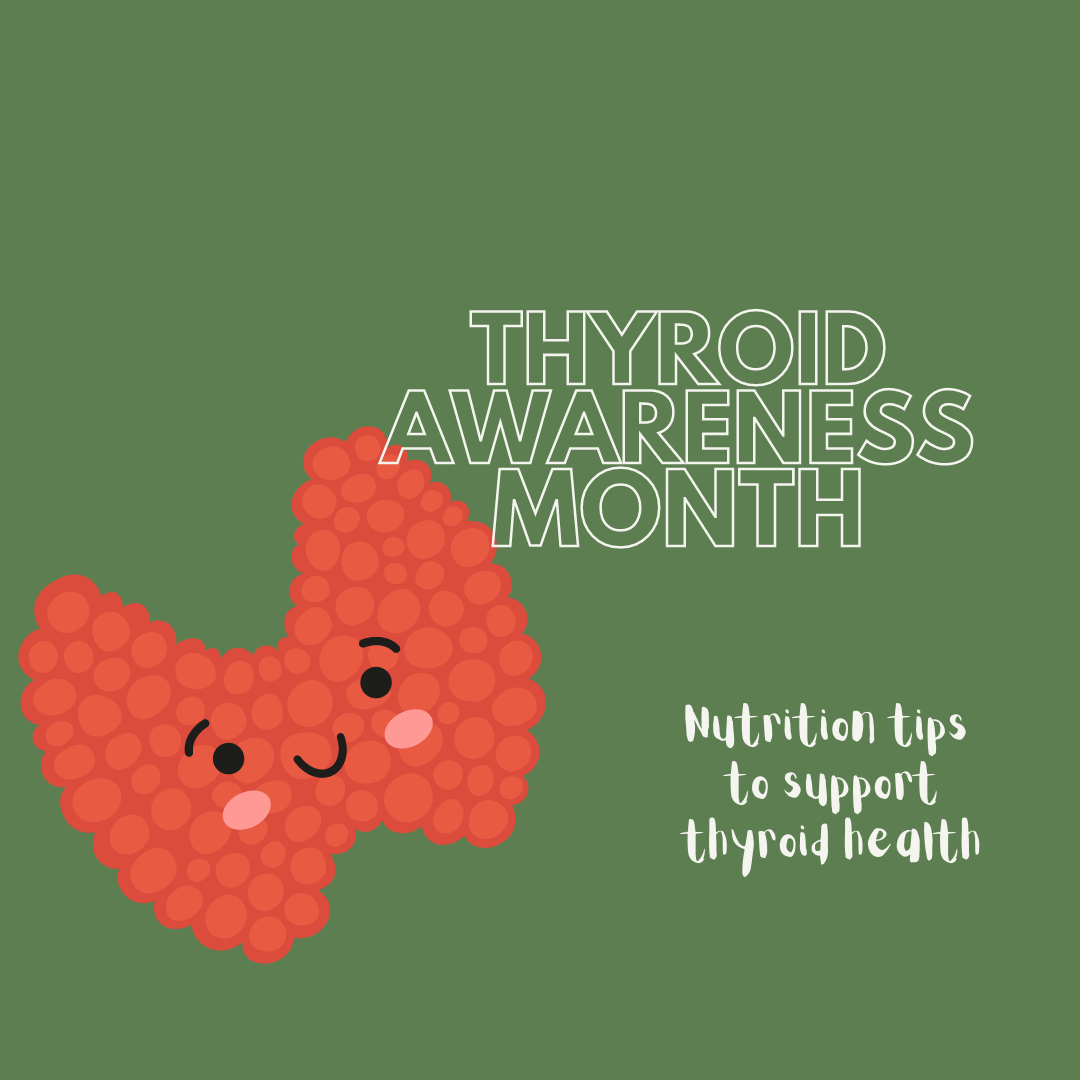The thyroid gland is one of the largest hormone producing glands in the body and manufactures two hormones triiodothyronine (T3) and tetraiodothyronine (T4).
Thyroid hormones are responsible for controlling the basic activity of each cell in the body, including metabolism, growth and development, temperature regulation, heart rate and production of proteins.
If thyroid hormones are low, metabolism inside cells slow down and energy levels drop – a leading symptom causing people to seek advice from their GPs.
Hypothyroidism is when the thyroid gland does not produce enough thyroid hormones. Iodine deficiency is cited as a major cause and also Hashimoto’s thyroiditis – an autoimmune disorder where an overactive immune system response floods the thyroid gland with white blood cells, which attacks the gland. Symptoms can include fatigue, dry skin, constipation, brain fog, cold sensitivity and weight gain.
Hyperthyroidism occurs when the thyroid releases too much of its hormones, many diseases and conditions can cause this including Grave’s disease. Symptoms can include anxiety, nervousness, frequent bowel motions, rapid heart beat, weight loss and increased appetite.
What about sex hormones?
The interaction between sex hormones and thyroid hormones is also significant. Elevated oestrogen levels can block the effect of thyroid hormones increasing the development of hypothyroidism. Oestrogen stimulates the production of a protein, which binds to thyroxine (T4) and inactivates it. Thus, correcting underlying oestrogen dominance and/or low progesterone can be beneficial in under active thyroid.
What about stress?
Excess cortisol production from long-term stress can also have negative impacts on thyroid health. Specifically, when our body is stressed, it becomes clever and makes a mirror image of T3, called reverse T3 (RT3). RT3 is the body’s shut down signal, it says to the body there are not enough resources to sustain all biological functions of the body so non-essential functions (ie reproduction) must be shut down to reserve resources for essential functions (ie heart, kidney).
How to assess thyroid function?
The first step in assessing thyroid function is to visit your GP or health care practitioner and along with a physical examination, they will likely do a blood test to check thyroid stimulating hormone (TSH). If this is out of range, they will then likely test T3 and T4. The results of these may then determine the course of action taken.
Nutritional Support for the Thyroid Gland
From a nutritional perspective, there are some key nutrients and dietary practices which help to support under active / sluggish thyroid:
Check iron status – iron is a co-factor for iodination of tyrosine. Iron deficiency blunts thyroid responsiveness to iodine repletion. Food sources include red meat, almonds, apricots, liver, sunflower and pumpkin seeds.
Limit goitrogens (especially if iodine deficient) found in raw broccoli, kale, cabbage and cauliflower. Cook these veggies instead and avoid consuming in excess. Soy is also considered a goitrogen.
Zinc and selenium are both co-factors for the conversion of T4 to T3 so very important. Food sources of zinc include beef, egg, capsicum, pumpkin seeds and food sources of selenium include brazil nuts, barley, cashews, peanuts, tuna and broccoli.
Sufficient iodine levels are needed – assess status via blood and/or urine test. Food sources of iodine include asparagus, cod, dairy, seaweed, oysters and iodized salt.
Tyrosine is needed to make thyroid hormones. Good sources include almonds, avocado, banana, beef, cheese, chicken, eggs, fish and whey protein.
Reduce inflammatory foods – inflammation is correlated with low thyroid function. Inflammatory food sources include processed meats, refined sugar, refined oils and too much omega-6 vs omega-3.
Adequate carbs – too little carbs can reduce T3 production. Aim for regular intake of complex, fibre rich carbs including brown rice, sourdough, root veggies, quinoa, freekeh and legumes. Pair carbs with protein and healthy fats to support blood sugar levels.
NB: The above does not apply for hyperthyroidism – it’s important to be careful of dietary intake of iodine and tyrosine as this can exacerbate the situation.
The above information is for general information purposes only. If on thyroid medication, speak to your health care provider prior to increasing dietary nutrients (or supplements) as these may interact with or affect medication.
